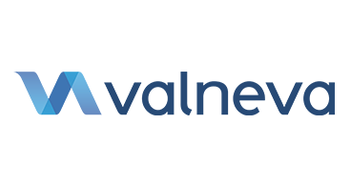
Can Data Sharing Shed Light on Congenital Zika Syndrome?
Alice Panchaud, PharmD, PhD, clinical pharmacist and pharmacoepidemiologist, CHUV, Lausanne University Hospital, Switzerland, explains how data sharing may be used to answer important questions regarding congenital Zika syndrome.
Alice Panchaud, PharmD, PhD, clinical pharmacist and pharmacoepidemiologist, CHUV, Lausanne University Hospital, Switzerland, explains how data sharing may be used to answer important questions regarding congenital Zika syndrome.
Interview Transcript (slightly modified for readability)
“Data sharing in this context is very important because it’s a way to put together a lot of data in a timely manner, meaning that we would be able to have a large sample size, which is [required] to answer a lot of the remaining questions in this research field.
For now, what we know is that there is a causal relationship between the infection during pregnancy and congenital Zika syndrome. What we don’t really understand now and [don't] precisely know is: what is the magnitude of the risk? We see now that there is a big spectrum, and we don’t really know exactly what is in the spectrum, so we’ll have to characterize it. Something very interesting [to investigate] would be: what kind of co-factors do we have that could explain the big magnitude of risks that is now observed in the literature? Because maybe there are co-factors that are just modifying the risk associated to this infection during pregnancy.”
Newsletter
Stay ahead of emerging infectious disease threats with expert insights and breaking research. Subscribe now to get updates delivered straight to your inbox.


































































































































